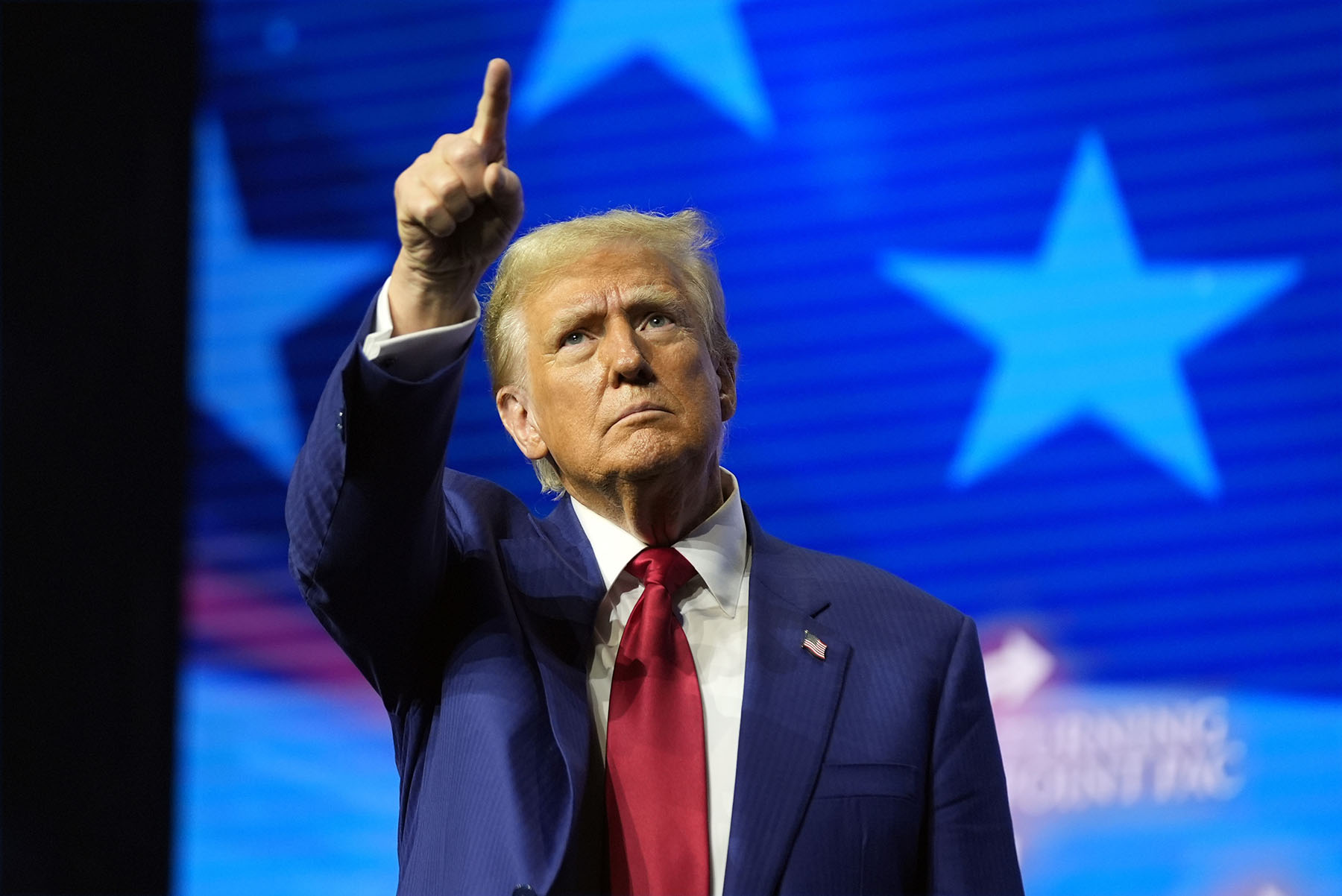
RAMALLAH, DEC 3 (PS) – Donald Trump’s victory in the US presidential election was no surprise to people in the Middle East. Governments in the region had planned for it, and more than a month before Trump’s inauguration, they are ready to deal with him. It is Trump who might find himself unprepared, because today’s Middle East is fundamentally different from the one he confronted during his first term in the White House. The two biggest changes are Iran and Gaza.
Begin with Iran. During Trump’s first term, he ripped up the 2015 Joint Comprehensive Plan of Action to limit Iran’s nuclear program. While Iran’s president at the time, the moderate Hassan Rouhani, was succeeded in 2021 by an ultra-conservative, the late Ebrahim Raisi, the presidency is now once again held by a relative moderate, Masoud Pezeshkian.
Even before Pezeshkian took office, Iran was engaged in rapprochement with its Arab neighbors, restoring diplomatic relations with its great regional rival, Saudi Arabia, in March 2023. This unexpected and highly consequential détente was part of an ongoing Chinese-sponsored initiative, apparently aimed at reducing tensions and bolstering stability in the region.
This brings us to another shift since Trump was last in office: both China and Russia have strengthened their relations with Iran (and with each other). While Trump was always antagonistic toward China and Iran, he maintained a kind of “bromance” with Russian President Vladimir Putin during his first term. But while he seems eager to coordinate a de-escalation of the wars in Ukraine and the Middle East directly with Putin, he will have to navigate a new set of relationship dynamics.
In any case, a de-escalation of hostilities in the Middle East will be difficult to achieve. Israel’s brutal campaign against Gaza began as retaliation for the Hamas attack of October 7, 2023, but has now caused an appalling level of civilian deaths, displacement, and suffering. To be sure, with the United States and France having brokered a ceasefire in Lebanon, Israel’s campaign against Hezbollah appears likely to be over before Trump’s inauguration. But it is difficult to predict whether a “peace” agreement in Lebanon will make reaching a similar deal in Gaza easier or more difficult, not least because Trump lacks any clear stance on virtually any topic.
US President Joe Biden was easier to figure out. He and his secretary of state, Antony Blinken, carry a certain amount of Zionist ideological baggage. So, while the Biden administration has urged Israel to stop its offensive, and threatened to withhold aidunless conditions for civilians in Gaza improved, it has unfailingly rationalized Israel’s actions and continued to supply it with weapons. Even in the wake of the ceasefire in Lebanon, the Biden administration is reportedly moving ahead with a $680 million arms sale to Israel.
Trump has shown a similar preference for Israel’s interests. During his first administration, he broke from decades of settled policy to move the US embassy in Israel to Jerusalem, recognized Israeli sovereignty over the occupied Golan Heights, and defunded the United Nations Relief and Works Agency, the main program supporting Palestinian refugees. He also initiated the Arab-Israeli normalization process, with Israel signing the so-called Abraham Accords with the United Arab Emirates, Bahrain, Morocco, and Sudan in 2020-21.
Trump plans to include plenty of pro-Israel figuresin his new administration. But when it comes to the war in Gaza, his lack of any fixed ideological commitments means that his goal is simple: strike a deal. Whatever that deal turns out to be is almost certain to be bad for the Palestinians, not only because of the administration’s pro-Israel bent, but also because externally brokered deals tend to reflect the balance of power on the ground, which clearly favors Israel.
The Palestinians do not even have particularly strong support from Arab countries, though Saudi Arabia has declared that it will not establish diplomatic relations with Israel until an independent Palestinian state is created within the 1967 borders. The Abraham Accords are under strain, but they have not collapsed.
But the deal Trump strikes might not be all that great for the Israelis, either. According to Israeli journalist Barak Ravid, Trump held a grudge against Israeli Prime Minister Binyamin Netanyahu, who rushed to congratulate Biden after he defeated Trump in the 2020 election. For a president who has repeatedly vowed to target his enemies, this is not entirely farfetched.
The most likely scenario appears to be an end to the current war and a return to the pre-October 7 status quo, not any kind of push for a broader political solution. But Trump’s unpredictability and the pro-Israel character of his administration have many in the region concerned that he might greenlight Israeli annexation of part of the West Bank or even agree to establishing Jewish settlements in Gaza. Trump already tried to engineer a pro-Israeli deal, releasing his Middle East Peace Plan in January 2020. But what he called the “deal of the century” failed miserably.
The problem, which should be starkly apparent by now, is that when the Palestinians see no prospect of a two-state solution, they eventually act out. So, even if Trump negotiates a return to the status quo, it is unlikely to hold for long.
Daoud Kuttab, an award-winning Palestinian journalist, is a former journalism professor at Princeton University and former director and Founder of the Institute of Modern Media at Al-Quds University in Ramallah.
Copyright: Project Syndicate, 2024.
www.project-syndicate.org










